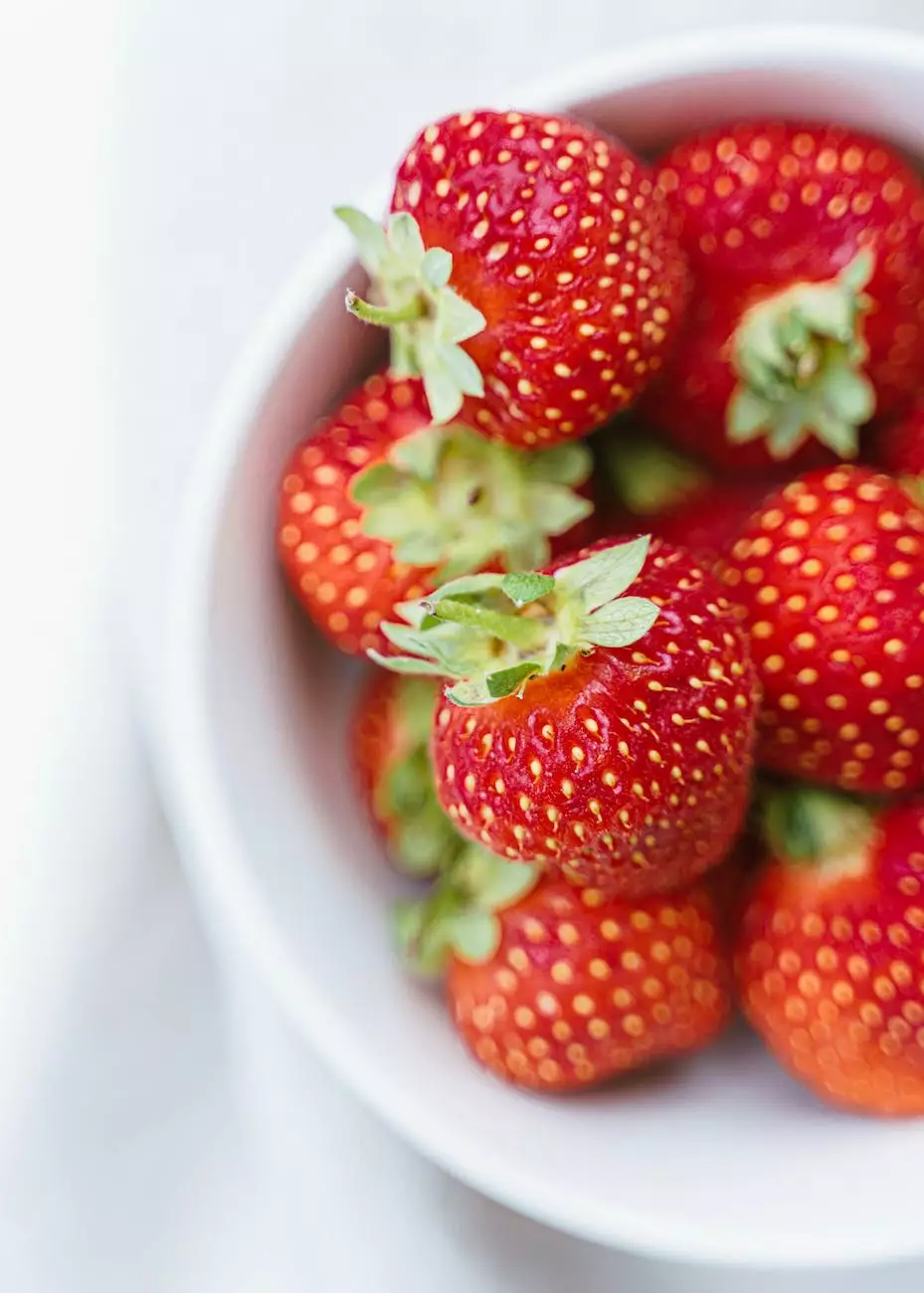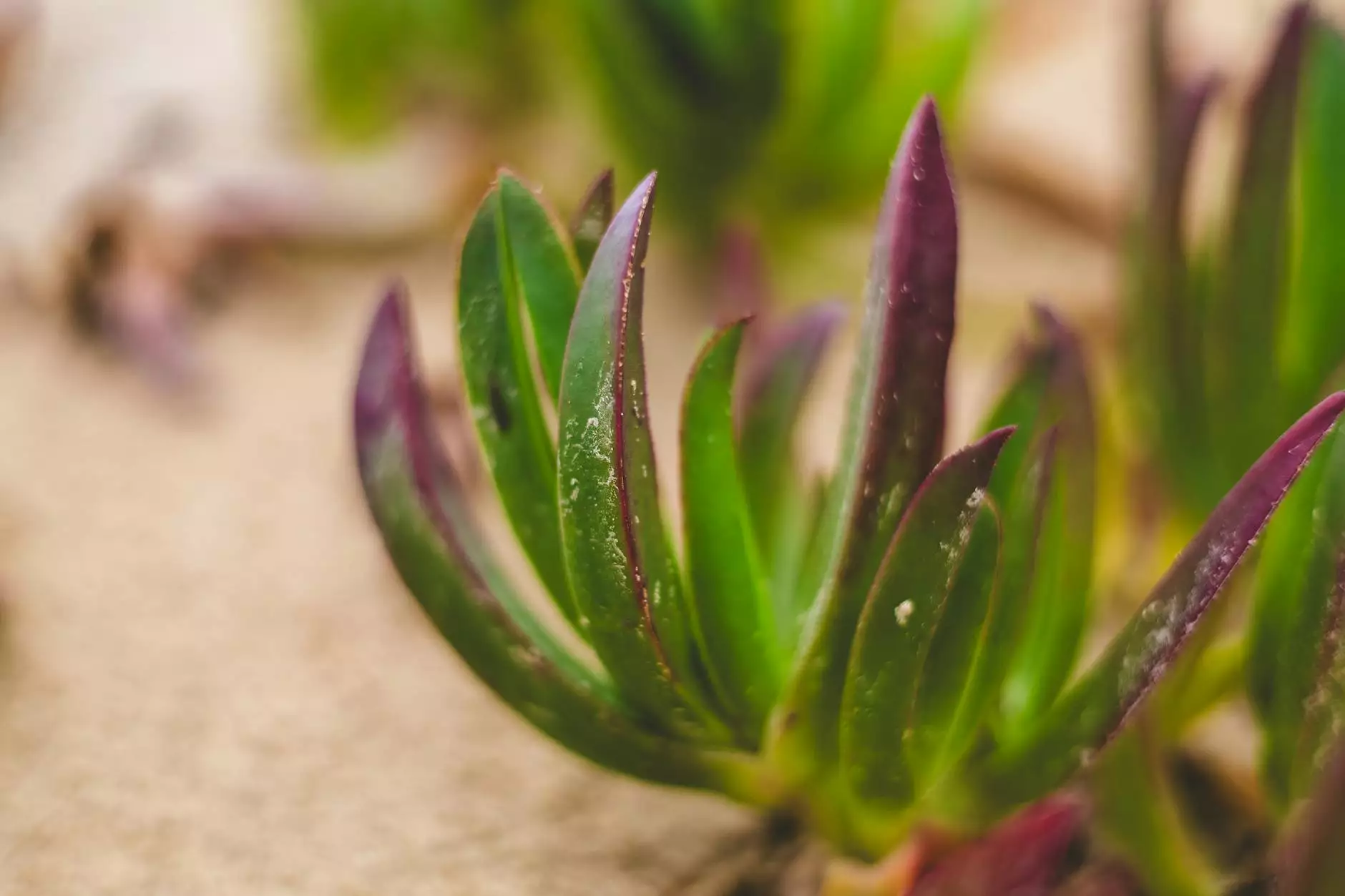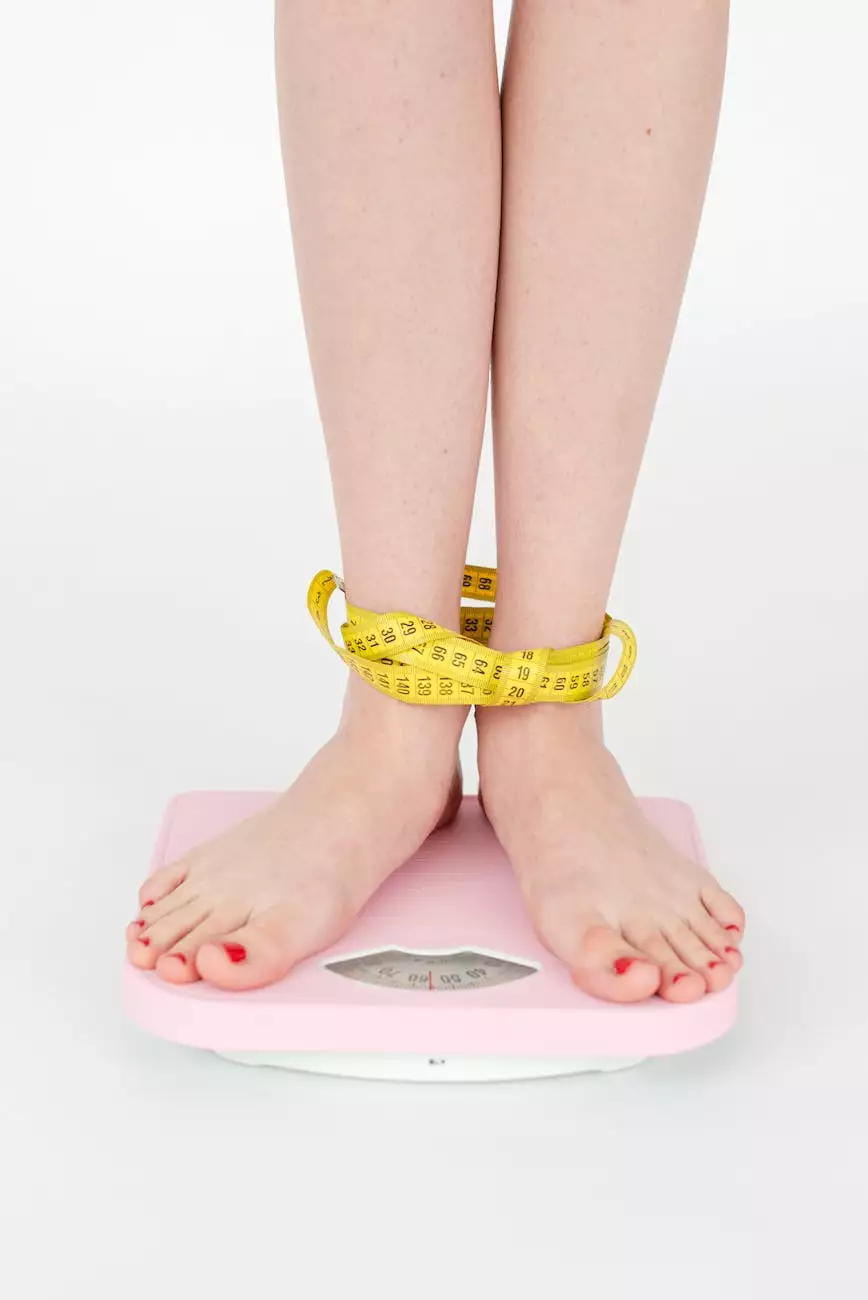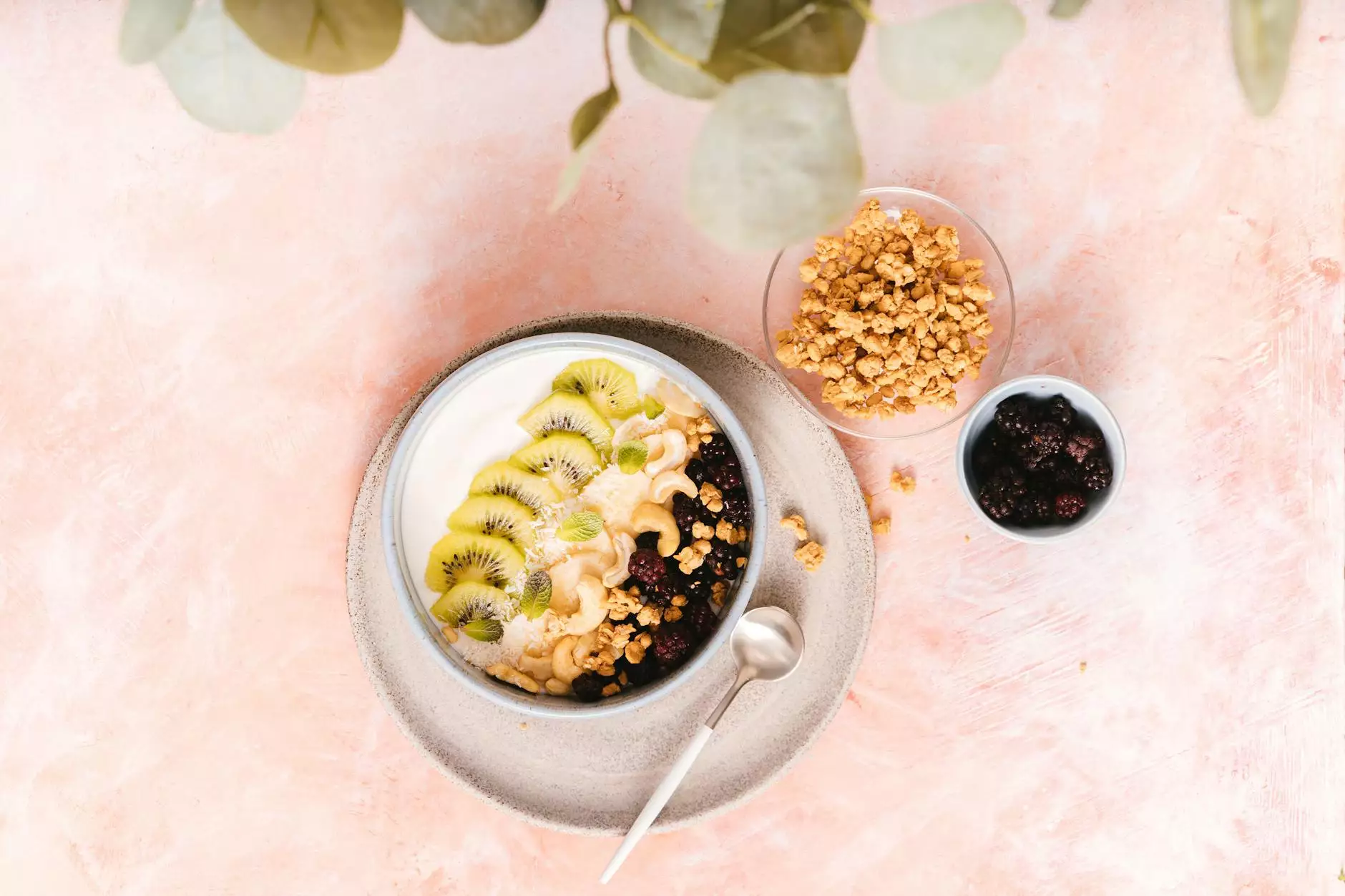Vitamin B12 Recommendations for Vegans
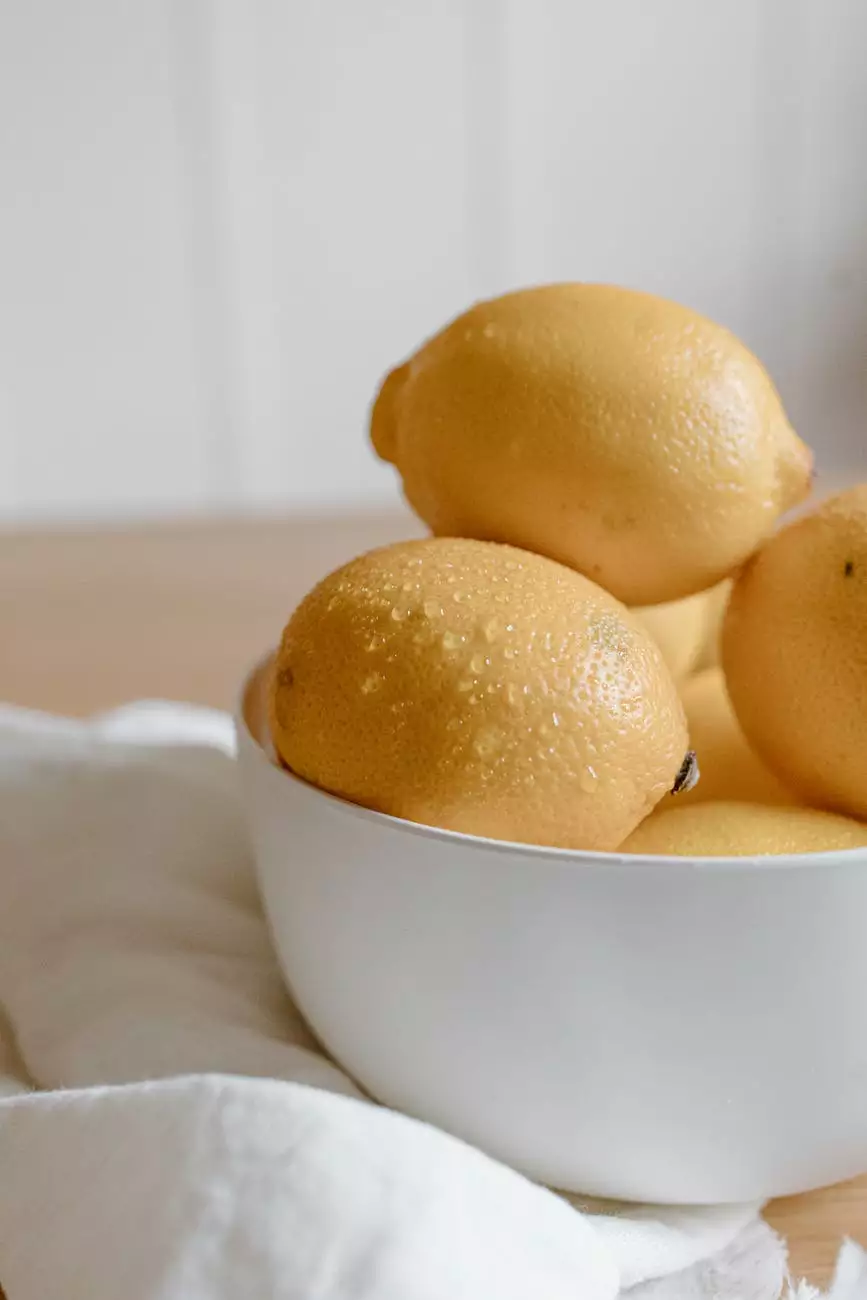
As a vegan, it's important to pay close attention to your nutritional needs, including Vitamin B12. While a plant-based diet offers numerous health benefits, it can be challenging to obtain adequate amounts of this essential nutrient. In this article, Michael Finley, CNHP, provides comprehensive recommendations to ensure optimal Vitamin B12 levels for vegans.
The Importance of Vitamin B12
Vitamin B12, also known as cobalamin, plays a crucial role in maintaining a healthy nervous system, red blood cell formation, and DNA synthesis. It is primarily found in animal-based products such as meat, fish, eggs, and dairy. As a vegan, it is essential to find alternative sources to meet your Vitamin B12 requirements.
Common Deficiency Risks Among Vegans
Vegans are at a higher risk of developing a Vitamin B12 deficiency due to the absence of animal products in their diet. A deficiency in this essential nutrient can lead to fatigue, weakness, tingling sensations, and even severe neurological problems if left untreated. It is crucial to be proactive in incorporating sufficient Vitamin B12 sources into your daily regimen.
Recommended Vitamin B12 Intake
The recommended daily intake of Vitamin B12 for adults is 2.4 micrograms (mcg). However, due to factors affecting absorption in plant-based sources, vegans may require higher amounts. Michael Finley, CNHP, recommends a daily intake of 6-25 mcg to ensure optimal levels.
Best Sources of Vitamin B12 for Vegans
Fortunately, while Vitamin B12 is primarily found in animal products, there are several vegan-friendly options available:
- Fortified Foods: Many plant-based milks, cereals, and nutritional yeast are fortified with Vitamin B12. Check the labels for specific amounts.
- Vitamin B12 Supplements: Taking a daily Vitamin B12 supplement is highly recommended for vegans. Look for methylcobalamin or cyanocobalamin.
- Nori: This seaweed commonly used in sushi contains a small amount of Vitamin B12. Be sure to choose a reliable source.
- Mushrooms: Certain types of mushrooms, such as shiitake and oyster mushrooms, have been found to contain trace amounts of Vitamin B12. Include them in your meals whenever possible.
- Chlorella and Spirulina: These algae are nutrient powerhouses and are known to contain small amounts of Vitamin B12. Incorporate them into your smoothies or take them as supplements.
Tips for Optimizing Vitamin B12 Absorption
In addition to incorporating Vitamin B12-rich foods and supplements into your diet, there are a few strategies that can help enhance absorption:
- Pair Vitamin C-Rich Foods: Consuming Vitamin C-rich foods alongside Vitamin B12 sources can promote better absorption. Include citrus fruits, bell peppers, and leafy greens in your meals.
- Avoid Excess Alcohol: Alcohol can interfere with Vitamin B12 absorption. Limit your alcohol intake or avoid it altogether.
- Regular Testing: It's essential to monitor your Vitamin B12 levels regularly, especially as a vegan. Consult with your healthcare professional to determine the frequency of testing.
Conclusion
Maintaining adequate Vitamin B12 levels is crucial for overall health, particularly for vegans. By following the recommendations provided by Michael Finley, CNHP, you can optimize your Vitamin B12 intake and minimize the risk of deficiencies. Remember to incorporate fortified foods, supplements, and other vegan-friendly sources into your diet, and consider implementing absorption-enhancing strategies. Prioritize your health and thrive on your plant-based journey!
